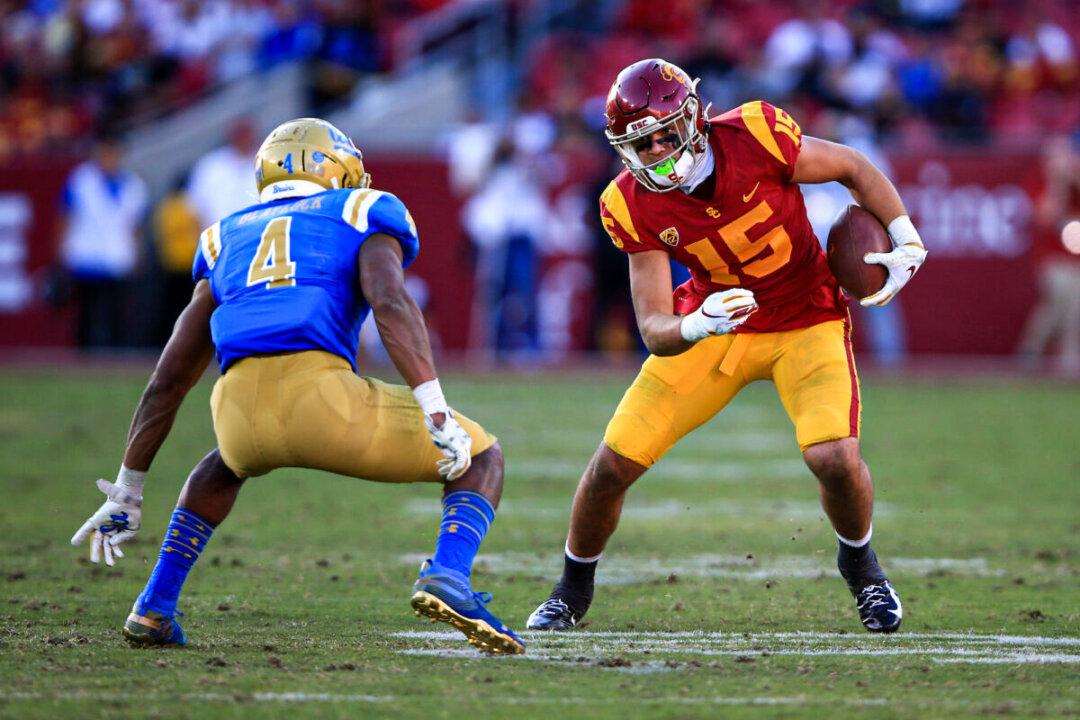LOS ANGELES—The University of California Board of Regents Nov. 17 delayed a decision on whether it might try to halt UCLA’s planned jump to the Big Ten athletic conference, but the university’s chancellor defended the move, saying he believes it will benefit athletes and the school.
Speaking to the regents at the board’s meeting in San Francisco, UCLA Chancellor Gene Block said college athletics is in a “volatile” period, thanks to factors such as conference realignments, student-athlete transfers, and new rules allowing athletes to profit from “name, image and likeness” contracts. He also said the university recognized that it was going to need to invest additional financial resources to maintain its athletics programs.





